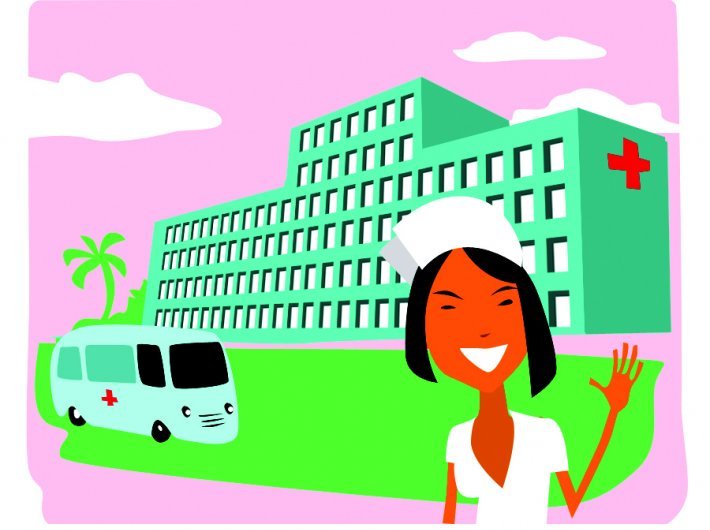So far, only three specific health issues - HIV, non-communicable diseases, and Ebola – have been discussed in past sessions of the assembly
For the first time at the 71st session of the UN general assembly, world leaders laid thrust on the need to curb the spread of infections that are resistant to antimicrobial medicines. So far, only three specific health issues - HIV, non-communicable diseases, and Ebola – have been discussed in past sessions of the assembly.
Antimicrobial resistance (AMR) happens when bacteria, viruses, parasites, and fungi develop resistance against medicines that were previously able to cure them. It is considered the greatest and most urgent global risk requiring international and national attention.
The high-level meeting convened by the president of the assembly session, HE Peter Thomson said, “Antimicrobial resistance threatens the achievement of the sustainable development goals and requires a global response. Member states have today agreed upon a strong political declaration that provides a good basis for the international community to move forward. No one country, sector or organisation can address this issue alone.”
Common and life-threatening infections like pneumonia, gonorrhoea, and post-operative infections, as well as HIV, tuberculosis and malaria are increasingly becoming untreatable because of AMR. Left unchecked, AMR is predicted to have significant social, health security, and economic repercussions that will seriously undermine the development of countries.
Dr Margaret Chan, director general, WHO, said, “Antimicrobial resistance poses a fundamental threat to human health, development, and security. The commitments made today must now be translated into swift, effective, lifesaving actions across the human, animal and environmental health sectors. We are running out of time.”
The high levels of AMR already seen in the world today are the result of overuse and misuse of antibiotics and other antimicrobials in humans, animals (including farmed fish), and crops, as well as the spread of residues of these medicines in soil, crops and water.
Leaders recognised the need for stronger systems to monitor drug-resistant infections and the volume of antimicrobials used in humans, animals and crops, as well as increased international cooperation and funding.
They pledged to strengthen regulation of antimicrobials, improve knowledge and awareness, and promote best practices — as well as to foster innovative approaches using alternatives to antimicrobials and new technologies for diagnosis and vaccines.
The blueprint for tackling AMR was developed in 2015 by the World Health Organization (WHO) in coordination with the Food and Agriculture Organization (FAO) of the United Nations and the World Organisation for Animal Health (OIE).
“AMR is a problem not just in our hospitals, but on our farms and in our food, too. Agriculture must shoulder its share of responsibility, both by using antimicrobials more responsibly and by cutting down on the need to use them, through good farm hygiene,” said Dr José Graziano da Silva, director general of FAO.
Leaders at the UN meeting called on WHO, FAO and OIE, in collaboration with the World Bank and other relevant stakeholders, to coordinate their planning and actions and to report back to the UN General Assembly in September 2018.
